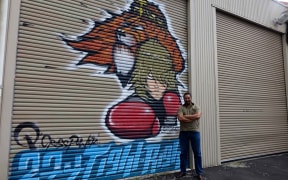People in poorer areas near the main centres feel ignored by local and central government, and maligned by those outside their community, a Salvation Army report reveals.
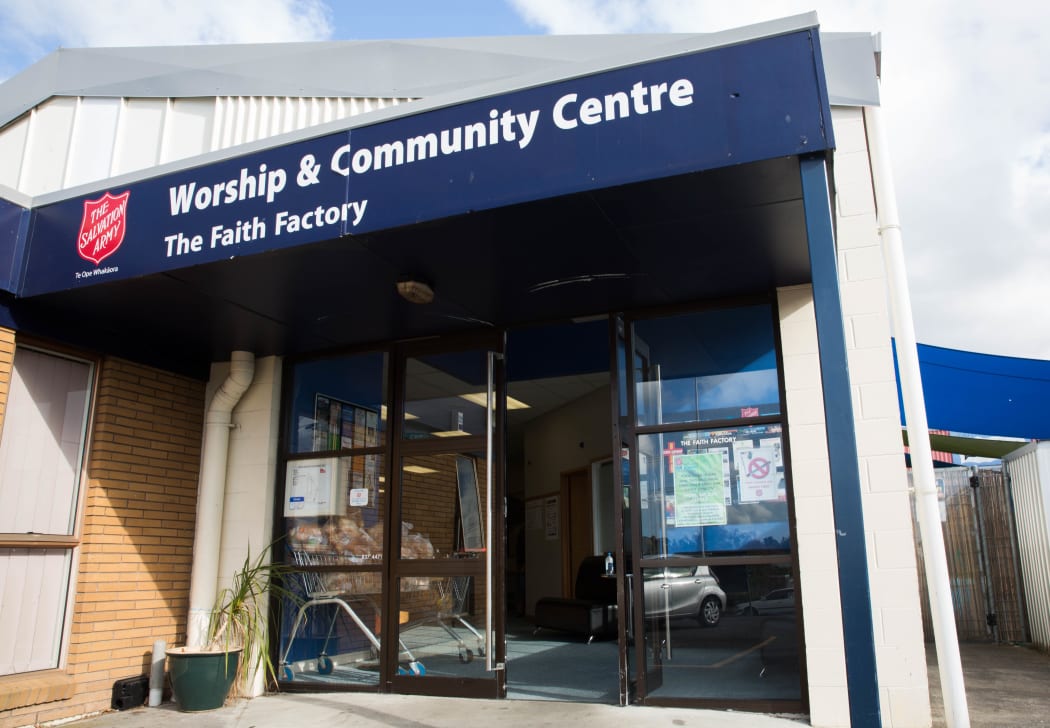
Photo: RNZ / Cole Eastham-Farrelly
The Salvation Army's State of Our Communities report was launched at Parliament this morning.
Involving interviews with more than 300 people in Papakura, Porirua and Linwood, it is described as a snapshot in the three low socio-economic suburbs in Auckland, Wellington and Christchurch.
Report author Ronji Tanielu said it was an interesting time with a new government.
"In the middle of all that flux and that change we didn't want the voices of local communities to be lost."
Most people interviewed had a love-hate relationship with the communities, he said.
"There were a lot of things they really loved about their community - the proximity, the sense of community, the community vibe - but there was also a lot of things that they were very concerned about."
Those concerns included housing affordability and homelessness, youth disengagement, sluggish local economies, drug and alcohol use, and gangs.
"There was a strong theme that came out about people feeling forgotten by local and central government."
They felt people from outside their local community held negative views about them being dangerous, poor, or problem areas.
"They acknowledged that in all three communities these negative views were stereotypes that were untrue."
The report does not make recommendations, intending instead to represent the beliefs and goals of the three communities.
Papakura
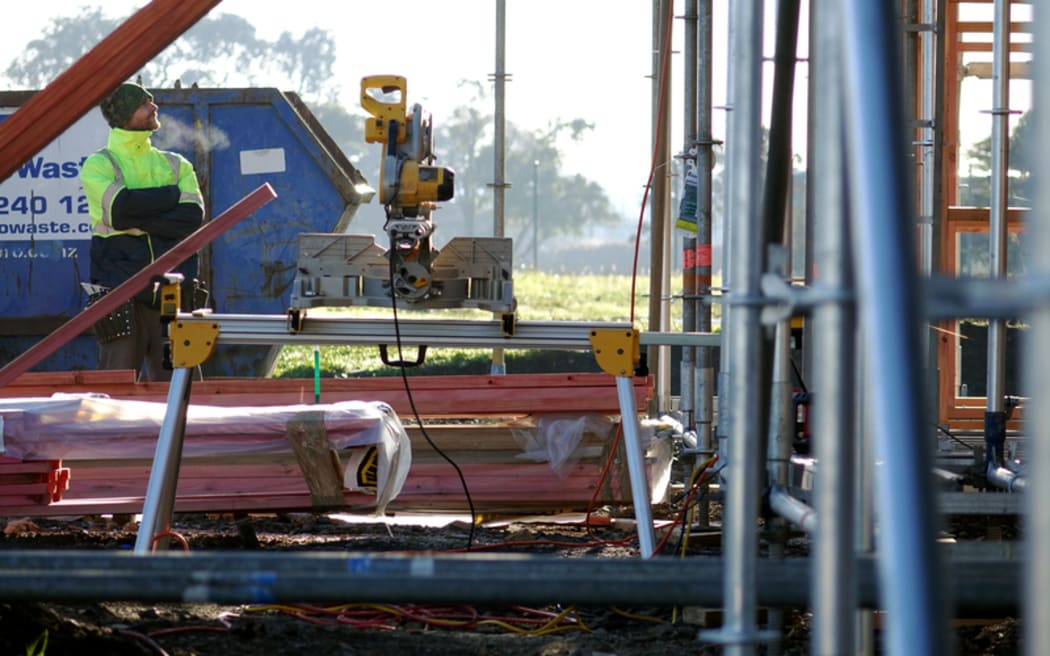
More than 45,000 people lived in Papakura during the last census. Photo: RNZ / Kim Baker Wilson
Those interviewed in South Auckland's Papakura were concerned about gangs and drugs, as well as the number of alcohol stores in the area.
Some 72 percent of people said one of the best things about Papakura was the community.
"Some mentioned they moved here because housing was more affordable than other parts of Auckland," the report said.
"The smallness and location made others feel like they lived in a small town that was urban and rural at the same time."
They were also concerned about the local economy and the number of vacant shops and buildings.
Porirua
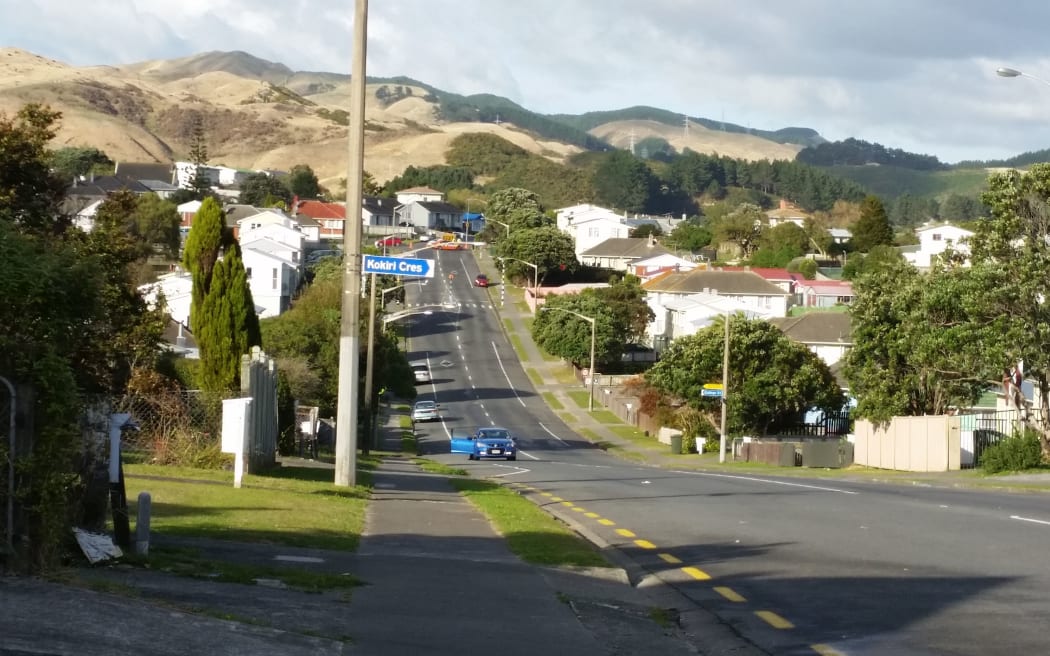
Porirua is about 30 minutes' drive from central Wellington, and was home to more than 50,000 people at last census. Photo: RNZ / Tiana Barns
Concerns in Porirua, north of Wellington city, were similar.
"The residents had real concerns about gangs, drugs and anti-social behaviour in their community," the report said.
"They also felt that local businesses and shops were struggling in Porirua, resulting in vacant shops and buildings.
"The people of Porirua thought that most of Wellington City had a negative image of Porirua."
They were also concerned about the high cost of houses and rent.
Linwood
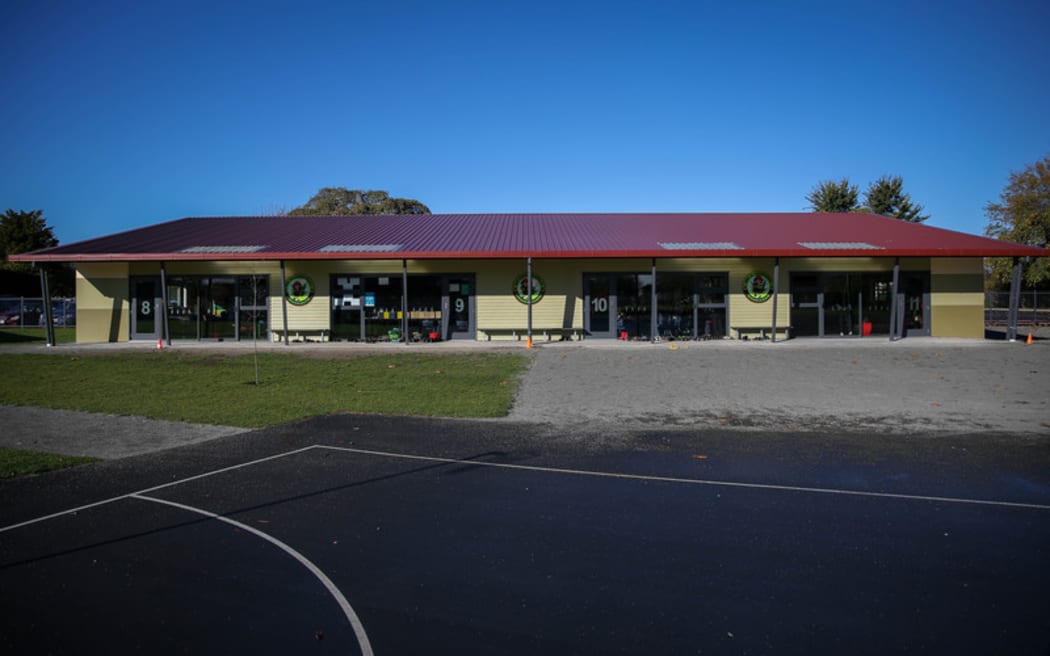
Linwood Primary School. The central-city suburb was home to more than 4000 people at the last census, though that had fallen following the earthquakes. Photo: RNZ / Alexander Robertson
Linwood, in central Christchurch, had a proud sense of community and resilience following the 2011 Canterbury earthquake, but residents felt there were too few opportunities and activities for young people.
"The majority of locals believed other people in Christchurch viewed Linwood in a negative light. But most felt these were only stereotypes and Linwood was still a strong community.
"Many locals felt Linwood was often forgotten and ignored by local and central government."
Nearly half of those surveyed were concerned about crime and safety, particularly alcohol and drug addiction and gangs.
Nearly a quarter were concerned about the poverty in their community.



